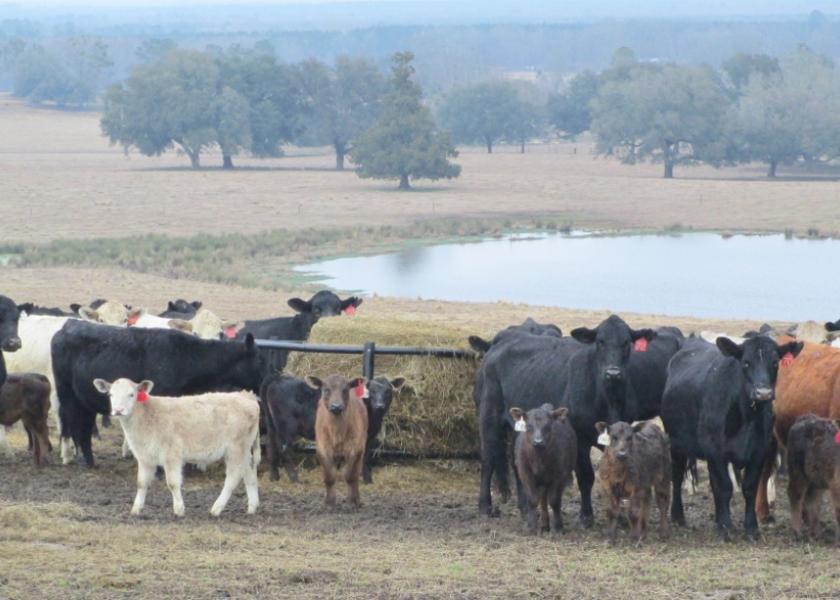Woodall Says NEPA Has Become A Burden For Ranchers

National Cattlemen’s Beef Association’s (NCBA) CEO Colin Woodall spoke at the U.S. Chamber of Commerce with the Unlock American Investment Coalition about the need to modernize the National Environmental Policy Act (NEPA). This event was held ahead of the White House Council on Environmental Quality’s (CEQ) second hearing Tuesday in Washington D.C. on proposed updates to NEPA.
“NEPA in its current form has become a costly and time-consuming burden for ranchers, with some ranch families facing grazing permit delays as long as 30 years,” said NCBA CEO Colin Woodall, who spoke at today’s press conference event in Washington. “I want to thank President Trump and his team at CEQ for listening to rural America and bringing common sense back to an outdated law. These proposed changes are welcome news for thousands of ranchers and farmers whose livelihoods depend on NEPA reviews.”
Led by the U.S. Chamber of Commerce, the Unlock American Investment Coalition is made up of 45 organizations representing a diverse cross section of the American economy who who are all in favor of updating NEPA – a law that was first enacted 50 years ago and has not been substantively amended in nearly four decades. Over time, NEPA evolved from a useful tool to a complex web of onerous processes and bureaucratic red tape. In fact, according to a 2018 report from CEQ, it took the Bureau of Land Management (BLM) and the U.S. Forest Service an average of 4.5 years to complete an Environmental Impact Statement. This is just too long for ranchers who rely on NEPA reviews for renewals of a term grazing permits, construction of range improvements, or to become eligible for participation in USDA programs.
Submit your comments on NEPA reforms by March 10th by visiting policy.ncba.org.
Related stories:







